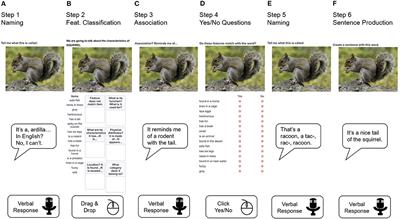EDITORIAL
Published on 18 Nov 2021
Editorial: Tele-NeuroRehabilitation
doi 10.3389/fneur.2021.761690
- 1,939 views
- 4 citations
45k
Total downloads
168k
Total views and downloads
You will be redirected to our submission process.
EDITORIAL
Published on 18 Nov 2021
ORIGINAL RESEARCH
Published on 20 May 2021

BRIEF RESEARCH REPORT
Published on 04 May 2021

ORIGINAL RESEARCH
Published on 07 Apr 2021

ORIGINAL RESEARCH
Published on 01 Apr 2021

CLINICAL TRIAL
Published on 16 Mar 2021

CLINICAL TRIAL
Published on 12 Feb 2021

CORRECTION
Published on 04 Feb 2021
ORIGINAL RESEARCH
Published on 03 Feb 2021

ORIGINAL RESEARCH
Published on 02 Feb 2021

ORIGINAL RESEARCH
Published on 20 Jan 2021

REVIEW
Published on 13 Jan 2021

